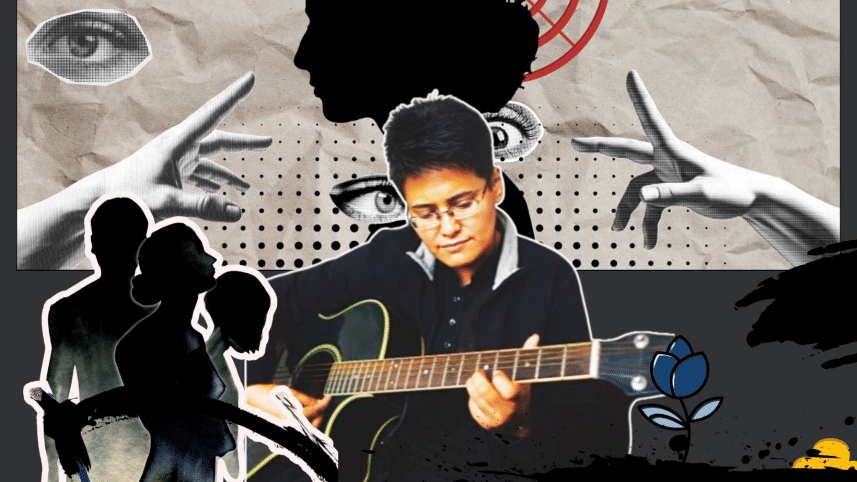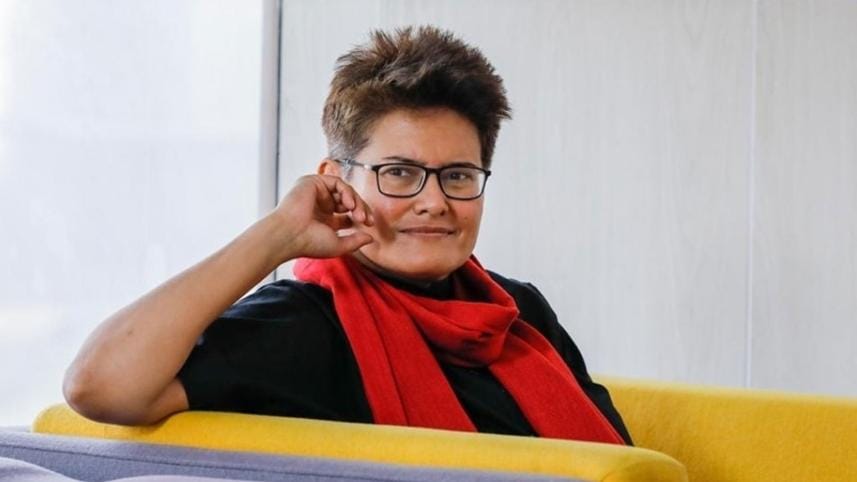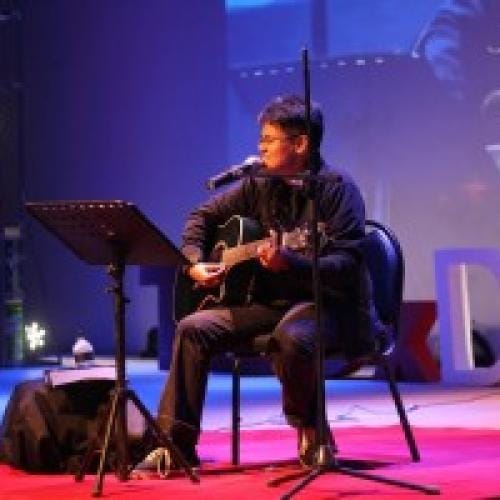Violence on women is a byproduct of patriarchy: Shayan

Renowned musician and social activist Farzana Wahid Shayan, known for her bold stance on gender inequality and oppression, has once again raised her voice in response to the alarming rise of gender-based violence in Bangladesh. In recent weeks, a wave of brutal incidents, including the rape of eight-year-old Asiya by a relative, has sent shockwaves throughout the nation, prompting widespread outrage and calls for justice.

Gender-based violence, particularly sexual violence against women and children, has long been a pressing issue in Bangladesh. However, the recent spate of cases has reignited concerns about the safety and security of women in the country. While the heinous assault on Asiya has incensed the nation, Shayan, like many others, is demanding more than just legal action—she is calling for a fundamental shift in societal attitudes and governmental responsibility.
"I consider looking at the issue of rape separately as a mistake. It is a daily byproduct of how insensitively and patriarchally our country has treated the issue of women," the musician expressed, pointing out how the root causes of gender-based violence are deeply entrenched in societal norms and attitudes. She emphasised that the lack of strict governmental measures to protect women has allowed these crimes to persist, with rapists and abusers often escaping accountability or even being glorified in society.

The social activist expressed her frustration with the lack of action from the government, pointing out that while there is a legal framework in place, it is often ineffective in holding perpetrators accountable. "There has been no strict tone on the part of any government to justly handle the safety of women reflected in the laws of the country," she said.
Rather than facing justice, Shayan pointed out that some rapists and abusers have been glorified in society, and even honoured by influential figures. She also criticised the silence of women in power, who have failed to challenge this pervasive culture of abuse. "Nobody wants to rock the boat," Shayan noted, underscoring how the political establishment has largely failed to confront this crisis head-on.

For Shayan, the need for immediate action is clear. She believes that the solution requires more than just legal reform—it requires a complete shift in societal attitudes toward women. "Make it a matter of shame to be remotely abusive or disrespectful towards women," she urged.
Shayan called for a culture where misogyny is no longer tolerated in any form, whether in the workplace, public spaces, or even religious settings. She called for stricter measures to be put in place to identify and punish those who make disrespectful comments about women, particularly in waaz mehfils and other public forums.

One of Shayan's most urgent calls is for workplaces to implement mandatory rules to prevent abuse, suggesting that such policies should be as fundamental as fire extinguishers. She emphasised the importance of creating safe environments for women and ensuring that abusers do not have access to vulnerable individuals in any professional setting.
Shayan also stressed the importance of education and awareness campaigns to challenge the normalisation of victim-blaming and abusive behaviour. "Normalise feminism. Stop respecting superstars and celebrities who are associated with abuse," she stated.

She suggested that the fight against gender-based violence should be integrated into primary education, to ensure that future generations understand the importance of gender equality and respect for women from an early age.
As Bangladesh grapples with its ongoing struggle to address gender-based violence, the musician-activist's call for a collective societal effort to shift cultural attitudes and hold perpetrators accountable is a powerful reminder that change is not only necessary but urgent. With a combination of legal reforms, social awareness, and collective action, Shayan believes Bangladesh can begin to dismantle the deeply entrenched systems that allow violence against women to thrive.




 For all latest news, follow The Daily Star's Google News channel.
For all latest news, follow The Daily Star's Google News channel. 
Comments